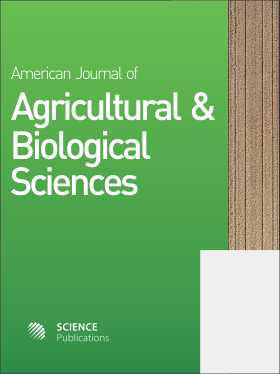TYPICAL MEXICAN AGROINDUSTRIAL RESIDUES AS SUPPORTS FOR SOLID-STATE FERMENTATION
- 1 Department of Food Reacher, School of Chemistry, Universidad Autónoma de Coahuila, Saltillo, Coahuila,
- 2 Institute for Biotechnology and Bioengineering, Centre of Biological Engineering, University of Minho, Braga, Portugal
Abstract
Biological wastes contain several reusable substances of high value such as soluble sugars and fiber. Direct disposal of such wastes to soil or landfill causes serious environmental problems. Thus, the development of potential value-added processes for these wastes is highly attractive. These biological wastes can be used as support-substrates in Solid-State Fermentation (SSF) to produce industrially relevant metabolites with great economical advantage. In addition, it is an environment friendly method of waste management. In this study were analyzed six different Mexican agro industrial residues to evaluate their suitability as support-substrate in SSF, between physicochemical properties that have included Water Absorption Index (WAI), Critical Moisture Point (CHP) and Packing Density (PD). The selection of an appropriate solid substrate plays an important role in the development of an efficient SSF process. The results provided important knowledge about the characteristics of these materials revealing their potential for use in fermentation processes.
DOI: https://doi.org/10.3844/ajabssp.2014.289.293

- 5,417 Views
- 4,936 Downloads
- 12 Citations
Download
Keywords
- Agro-Industrial Wastes
- Solid-State Fermentation
- Lignocellulosic Materials
